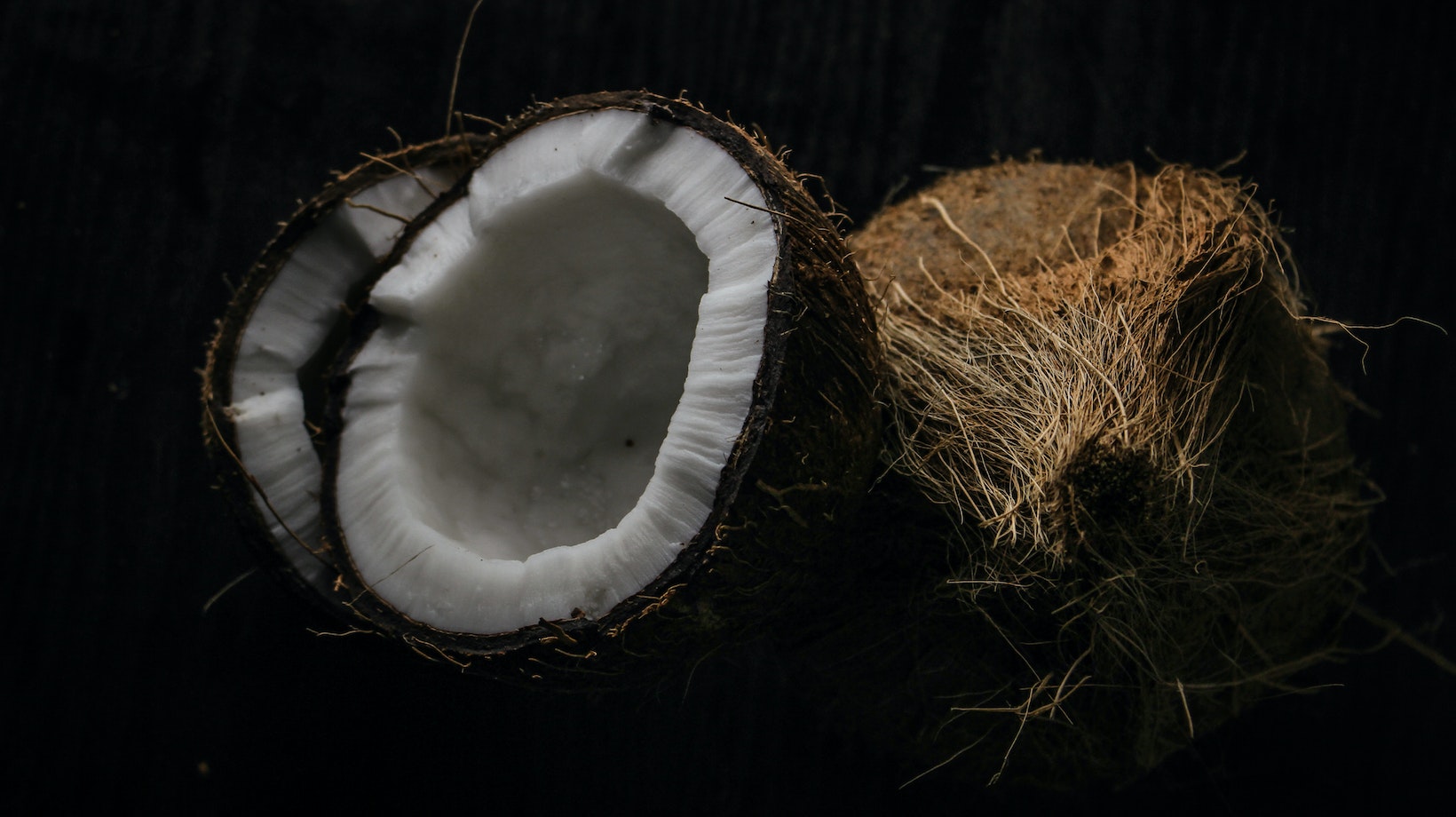
Understanding the Keto Diet
Before we dive into understanding if coconuts are good for keto, let’s first get a grasp on what the keto diet really is. It’s a low-carb, high-fat diet that has gained popularity due to its potential benefits for weight loss, diabetes control, and performance enhancement.
So how does this work? When you’re on a keto diet, your body enters a metabolic state known as ketosis. Here’s where things get interesting – instead of using glucose from carbohydrates as fuel source, your body switches to burning fat. The liver turns this fat into tiny energy molecules called “ketones”. These become an energy source for the body, particularly the brain which consumes lots of energy and can run on either glucose or ketones.
The main idea behind this diet is to get your body to make this switch in fuel sources. But it isn’t just about cutting carbs; it also involves increasing intake of healthy fats. This might sound like an open invitation to feast on anything fatty but it’s not quite that simple! The type of fat matters too and that’s where foods like coconut enter our discussion.
Now when we talk about carb restriction in keto diets, we’re generally looking at around 20-50 grams per day depending upon individual factors like age, gender and physical activity level. To give you some perspective:
- One medium apple: 25g carbs
- A cup of cooked white rice: 45g carbs
- One slice of white bread: 15g carbs
As you can see from these examples, one would need to be very selective with their food choices while following a ketogenic lifestyle. And with all these technicalities involved in choosing what to eat and what not to eat—coconut seems like an interesting topic to explore next!
Is Coconut Good for Keto
Embracing the keto diet means you’re saying goodbye to most carbs, but what about coconut? We’re here to assure you that yes, coconut is indeed keto-friendly.
Coconuts are a fantastic source of healthy fats, specifically medium-chain triglycerides (MCTs). These fats are known for their quick absorption and conversion into ketones, the energy source your body relies on when it’s in ketosis. Let’s take a closer look at some numbers:
- One cup of raw coconut meat: 283 calories, 27g fat, 12g carbohydrates (7g net carbs after subtracting fiber), and 3g protein.
- One tablespoon of coconut oil: 121 calories, 13g fat, and virtually zero carbs or protein.
These stats clearly illustrate that coconuts can fit comfortably into your daily macronutrient goals while following a ketogenic diet.
But it’s not just about the numbers; we also have anecdotal evidence from countless keto dieters who regularly include coconuts in their meal plans. For instance, they use shredded unsweetened coconut as a salad topping or blend it into smoothies for an extra dose of healthy fats.
However, we should mention that moderation is key even with keto-friendly foods like coconuts. While they’re low in net carbs and high in good fats – perfect for maintaining ketosis – overindulging may still lead to consuming more calories than necessary which could hamper weight loss efforts.
Incorporating Coconuts into Your Keto Meal Plan
We can’t stress enough how beneficial coconuts can be for your keto diet. They’re jam-packed with healthy fats, which are the cornerstone of any self-respecting keto meal plan. But how exactly do you incorporate this tropical delight into your food regimen? Let’s dive in.
Raw coconut meat is a great place to start. It’s not only delicious but also high in fiber and MCTs (Medium Chain Triglycerides). These are types of fat that your body can quickly convert into ketones – energy sources on a ketogenic diet. Here’s something interesting: A 1-ounce serving of fresh, raw coconut meat packs about 7 grams of fat, almost all of which is saturated.
Coconut oil deserves its own highlight reel when it comes to cooking on keto. It’s a versatile ingredient that you can use for everything from sautéing veggies to baking low-carb treats.
To sum up: coconuts are not only compatible with a ketogenic lifestyle but highly beneficial due to their abundant MCT content. Yet remember – as with any food – portion control is crucial!

